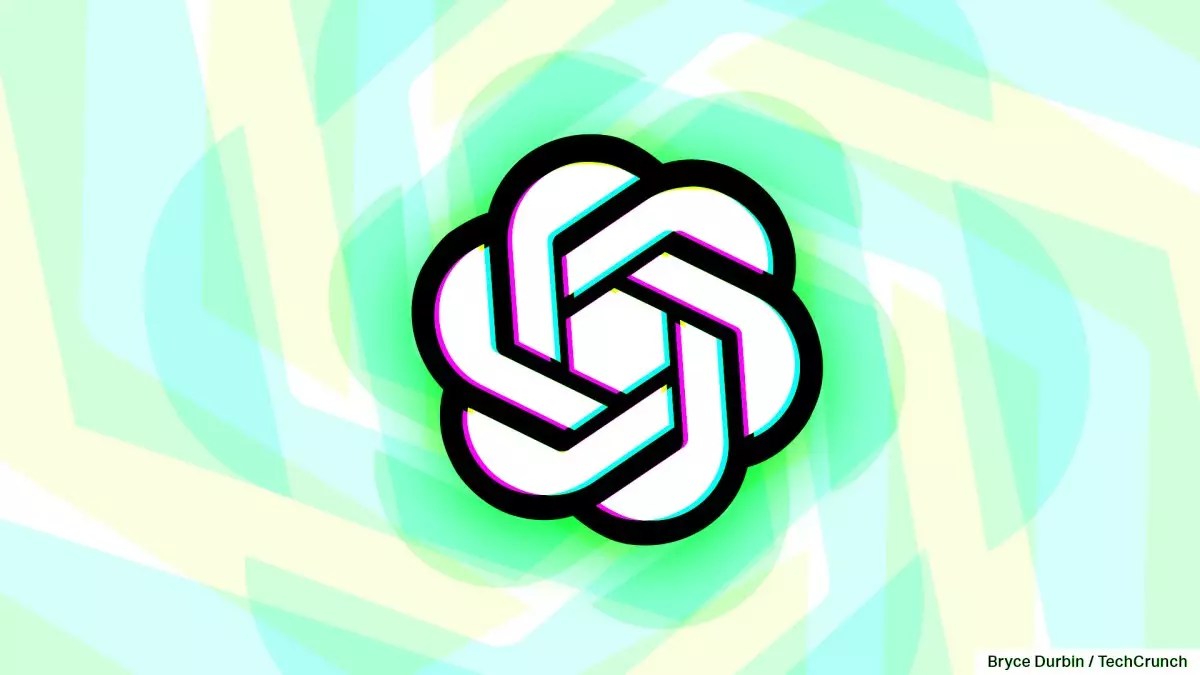In a significant legal confrontation, The New York Times and Daily News have initiated lawsuits against OpenAI, accusing the artificial intelligence powerhouse of unlawfully scraping their copyrighted content to enhance its AI models. This ongoing controversy has recently escalated over allegations that OpenAI inadvertently deleted crucial data pertinent to the litigation. These developments raise critical questions about intellectual property rights in the rapidly evolving field of artificial intelligence and the responsibilities of AI developers.
The legal action stems from concerns over fair use and copyright infringement. The publishers contend that OpenAI has utilized their published articles without authorization to train its AI systems, particularly the models known for generating human-like text. As part of the discovery process, OpenAI had agreed to provide access to two virtual machines, enabling the plaintiffs to search for their copyrighted works within the datasets used for training. Virtual machines, which allow software environments to simulate a computer system, were instrumental in facilitating these searches.
However, the situation took a critical turn when, on November 14, OpenAI’s engineers inadvertently erased vital search data accumulated by the plaintiffs and their hired experts, totaling over 150 hours of investigative work. This incident was formally recorded in a letter submitted to the U.S. District Court for the Southern District of New York, revealing the severity of the data loss.
The deleted data was not only extensive but also integral to pinpointing the specific instances where the plaintiffs’ articles had allegedly been used in developing OpenAI’s models. Despite OpenAI’s attempts to recover the data, the lost folder structures and file names rendered the recovered information largely unusable for tracing copyright infringements. The plaintiffs’ attorneys expressed their frustration, highlighting that they would need to rebuild their investigative work from scratch due to this mishap.
While the plaintiffs have refrained from asserting that the data deletion was intentional, they emphasized the disparity in power dynamics between the parties involved. They pointed out that OpenAI, possessing advanced technological tools and resources, is in a far superior position to conduct searches within its own training datasets. This raises concerns regarding transparency and the accessibility of information vital for the plaintiffs to substantiate their claims.
Amidst this turmoil, OpenAI’s legal team has publicly countered the allegations of wrongdoing. They categorically denied any claims of evidence deletion, attributing the data loss to a misconfiguration requested by the plaintiffs themselves. According to OpenAI’s counsel, the changes made to the system inadvertently affected the folder structures and file names on what was intended to be a temporary cache drive.
This response sheds light on the complexity surrounding technical configurations in digital environments and emphasizes the potential for miscommunication in legal agreements, especially between technologically advanced organizations and traditional media entities.
At the heart of this dispute lies the ethical conundrum of AI training methodologies. OpenAI argues that utilizing publicly accessible data falls within the bounds of fair use, regardless of the commercial nature of the resulting AI products. This position has sparked a broader conversation about the nature of copyright in the digital age, as AI technologies continue to blur the lines of ownership and fair use.
In response to mounting pressures from various content owners, OpenAI has begun forging licensing agreements with select publishers, including well-known organizations like the Associated Press and Financial Times. While such actions could be seen as steps toward mitigating copyright concerns, the question of past usages remains unresolved, casting a long shadow over OpenAI’s practices.
As this legal battle unfolds, it serves as a pivotal moment in the intersection of technology and intellectual property law. The outcome of this case could set critical precedents for how AI companies operate within the boundaries of ethical and legal frameworks. The tension between innovation and copyright protection demands careful navigation as society grapples with the implications of AI on creativity and content ownership. The dialogue surrounding these issues is far from over, and the implications will resonate throughout the tech industry and beyond.

